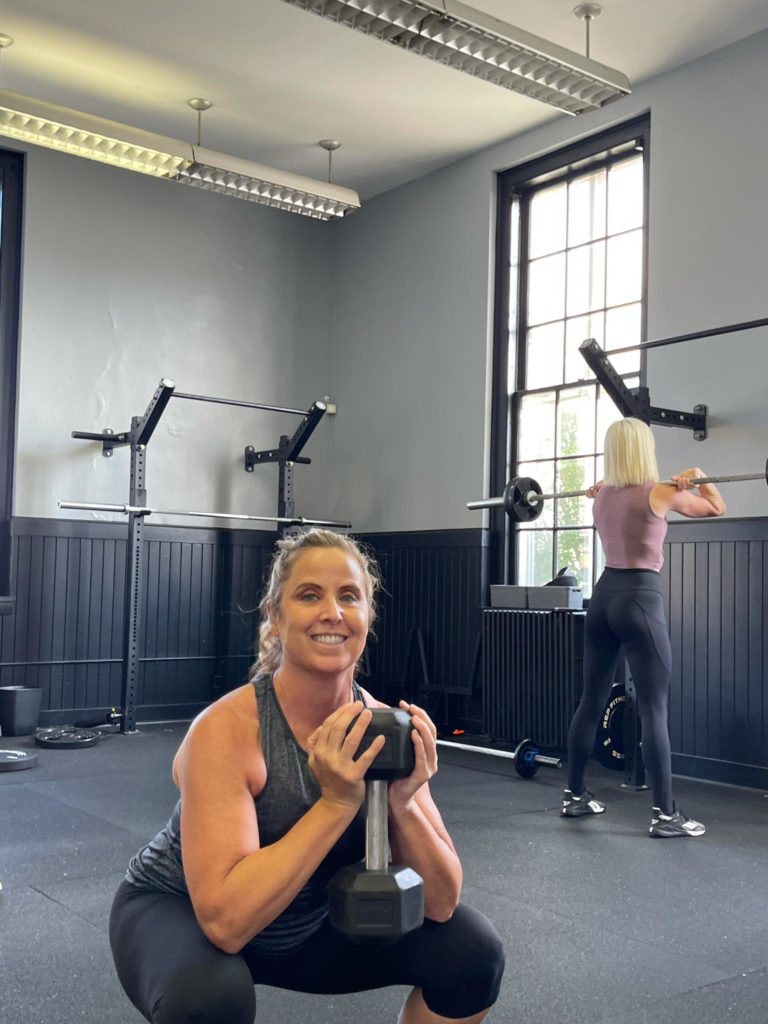The more protein the better, right? It is no groundbreaking news that protein is a very important component to building muscle. That being said, is more protein always better? Before we dive into this question, it is important that we have a good understanding of what muscle protein synthesis (MPS) is. MPS is the process where the body utilizes amino acids that come from protein to build muscle. If muscle protein synthesis exceeds muscle protein breakdown, then we are building muscle! whohooo! Therefore, it’s going to be important that we get enough protein in our diet.
We should consume as much protein as possible, right? Well, not necessarily. There is a limit on how much you are able to stimulate MPS in one sitting. In other words, consuming a large amount of protein all at once may not have any additional benefits to building muscle. The next question is “how are we able to maximize MPS”? Lets see what the literature has to offer.

The Correlation Between Muscle Development and Protein Absorption
A review article by Morton, McGlory, and Phillips proposes this idea of a “muscle full effect”. He suggests that increasing protein to an extent per meal will have no additional benefits on muscle protein synthesis.
- Moore, Robinson, Fry etc.. tested this theory by separating two groups of young men who all performed an intensive leg-based resistance training exercise. Both groups received two different amounts of protein post workout. The results found the group given 40 grams of protein had no additional benefits on muscle protein synthesis when compared to the group given 20 grams of protein.
- The American Dietetic Association also supports this theory by showing 30 grams of protein coming from beef is equally effective at stimulating muscle protein synthesis when compared to 90 grams of protein coming from beef in a single sitting.
- The last supporting argument comes from Witard, Jackman, and Breen etc.. Consuming too much protein in one sitting increases amino acid oxidation and ureagenesis (a fancy way of saying proteins are being utilized for energy and not muscle protein synthesis).
After reading the information above, one can believe that consuming an average of 25-30 grams of protein per sitting would be ideal. It is important to mention that it really depends on the person. How much protein you’re able to utilize for muscle protein synthesis depends on two main factors.
1. Size of the Person
People with more muscle mass should be consuming more protein in a given day. The philips review suggests that consuming 0.4g/kg/meal (0.18g/lb/meal) is enough protein to stimulate muscle protein synthesis in one meal sitting.
1.Example: 120 lb person= 22 grams of protein per meal
2. Example: 200 lb person = 36 grams of protein per meal
2. The Amount of Muscle Mass Trained
- The National Library of Medicine shows that more protein is needed when performing full body resistance training exercises. More protein is needed to optimize muscle protein synthesis due to the involvement of more muscle groups. Therefore, when training full body, we may want to increase our protein intake at each meal. The image below shows that 40 grams of protein was able to maximize muscle protein synthesis in comparison to the group consuming 20 grams of protein.
Main Takeaways for Protein Absorption
- The most important factor to consider about protein is total daily intake. One should consider spreading protein intake throughout the day to maximize muscle protein synthesis.
- Your body will utilize all the protein you supply it. However, there is a limit to how much your body is able to utilize protein to specifically build muscle.
- Consuming too much protein in one sitting is not harmful to the body. Some research shows that consuming additional protein may help prevent muscle protein breakdown.
- Consume a source of protein with every meal and snack. Try to consume a meal/snack that contains protein every 3 hours to maximize MPS.
***The information above is generalized nutrition education and is not specific to individual needs. For personalized nutrition information, consider hiring a nutrition coach to help maximize your health and fitness goals.***
Sources
Robert W Morton, Chris eMcGlory, & Stuart M Phillips. (2015). Nutritional interventions to augment resistance training-induced skeletal muscle hypertrophy. Frontiers in Physiology, 6.
Moore, D. R., Robinson, M. J., Fry, J. L., Tang, J. E., Glover, E. I., Wilkinson, S. B., Prior, T., Tarnopolsky, M. A., & Phillips, S. M. (2009, January 1). Ingested protein dose response of muscle and albumin protein synthesis after resistance exercise in young men. AMERICAN JOURNAL OF CLINICAL NUTRITION, 89(1), 161–168.
Symons, T. B., Sheffield-Moore, M., Wolfe, R. R., & Paddon-Jones, D. (2009). A Moderate Serving of High-Quality Protein Maximally Stimulates Skeletal Muscle Protein Synthesis in Young and Elderly Subjects. Journal of the American Dietetic Association, 109(9), 1582–1586.
Witard, O. C., Jackman, S. R., Breen, L., Smith, K., Selby, A., & Tipton, K. D. (2014, January 1). Myofibrillar muscle protein synthesis rates subsequent to a meal in response to increasing doses of whey protein at rest and after resistance exercise. AMERICAN JOURNAL OF CLINICAL NUTRITION, 99(1), 86–95.
Robert W Morton, Chris eMcGlory, & Stuart M Phillips. (2015). Nutritional interventions to augment resistance training-induced skeletal muscle hypertrophy. Frontiers in Physiology, 6.
Macnaughton, L. S. ( 1 ), Wardle, S. L. ( 1 ), Witard, O. C. ( 1 ), Hamilton, D. L. ( 1 ), Jeromson, S. ( 1 ), Tipton, K. D. ( 1 ), McGlory, C. ( 2 ), Lawrence, C. E. ( 3 ), & Wallis, G. A. ( 4 ). (n.d.). The response of muscle protein synthesis following whole-body resistance exercise is greater following 40 g than 20 g of ingested whey protein. Physiological Reports, 4(15).
Mamerow, M. M., Mettler, J. A., English, K. L., Casperson, S. L., Arentson-Lantz, E., Sheffield-Moore, M., Layman, D. K., & Paddon-Jones, D. (2014). Dietary Protein Distribution Positively Influences 24-h Muscle Protein Synthesis in Healthy Adults.

